
Clara at the Door With a Revolver
2023 Carolyn Whitzman
All rights reserved. No part of this publication may be reproduced, stored in a retrieval system, or transmitted, in any form or by any means, without prior written permission of the publisher.
Library and Archives Canada Cataloguing in Publication
Title: Clara at the door with a revolver : the scandalous Black suspect,
the exemplary White son, and the murder that shocked Toronto /
Carolyn Whitzman.
Names: Whitzman, Carolyn, author.
Description: Includes bibliographical references and index.
Identifiers: Canadiana (print) 20220411980 | Canadiana (ebook) 20220412030 |
ISBN 9780774890618 (softcover) | ISBN 9780774890625 (PDF) |
ISBN 9780774890632 (EPUB)
Subjects: LCSH: Ford, Clara, 1864? | LCSH: Ford, Clara, 1864? Trials,
litigation, etc. | LCSH: Westwood, Frank, 1894. | LCSH: MurderOntario
TorontoCase studies. | LCSH: Trials (Murder)OntarioToronto. |
LCSH: Women, BlackOntarioTorontoSocial conditions19th century. |
LCSH: Toronto (Ont.)Race relationsHistory19th century. | LCSH: Toronto
(Ont.)Social life and customs19th century. | LCGFT: Biographies.
Classification: LCC HV6535.C33 T67 2023 | DDC 364.152/3092dc23

UBC Press gratefully acknowledges the financial support for our publishing program of the Government of Canada (through the Canada Book Fund), the Canada Council for the Arts, and the British Columbia Arts Council.
On Point, an imprint of UBC Press
The University of British Columbia
2029 West Mall
Vancouver, BC V6T 1Z2
www.ubcpress.ca
Contents
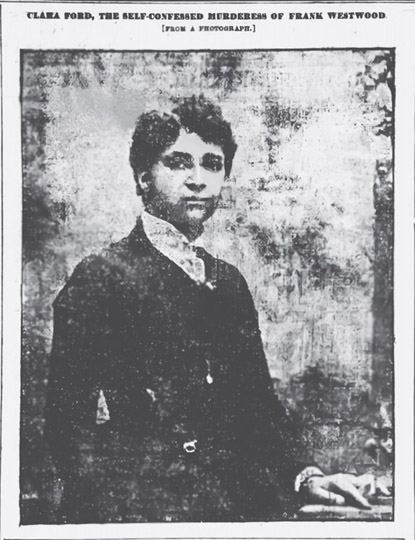
Clara Ford,
Toronto World, December 1, 1894
I am a womans rights.
I have as much muscle as any man, and can do as much work as any man I am as strong as any man that is now.
Sojourner Truths Speech at the Womens Rights Convention in Akron, Ohio , 1851
Cast of Characters
The Ford-Mckay Family
- Clara Ford: The hero of this story. Born in 1861, she disappears from the historical record in 1898. A mixed-race woman who worked as a tailor, waitress, servant, and dancer.
- Flora McKay: Claras elder daughter. Born in 1879, she disappears from the historical record in 1895. Flora was fourteen at the time of the murder and worked as a servant. She was the chief witness against her mother, refuting Claras alibi that theyd been to the theatre together the night of the murder.
- Jessie McKay: Claras mother. Born circa 1826, she died in March 1894. A white woman born in Scotland, she worked as a nurse-maid, washerwoman, and housecleaner.
- Annie (Mitchell) Ford: Claras younger daughter. Born in 1887, she disappears from the historical record in 1903. Age seven at the time of the murder, she was in the Girls Home (an orphanage) during the arrest and trial. She later became a servant.
The Westwood Family
- Frank Westwood: Born in 1876, he was murdered in 1894 at the age of eighteen. The son of a successful businessman, hed just graduated from high school and started work in a department store owned by a friend of his father.
- Benjamin Westwood: Franks father. A successful businessman, ardent Methodist and prohibitionist, and Liberal politician.
- Clara Westwood: Franks mother.
- Willie and Emily Westwood: Franks younger brother, with whom he shared a room, and his sister, aged sixteen and twelve at the time of their older brothers murder.
- Bert and Maggie Westwood: Franks older brother and sister-in-law. Recently married and the parents of a baby, they lived around the corner from the rest of the family.
The Journalists
- Hector Charlesworth: Claras chief journalistic persecutor, he worked for The World, the most sensationalist of Torontos seven newspapers in 1894. His 1925 memoirs are the main source of misinformation on the murder.
- Charles Clark: Journalist for The Telegram and Claras chief defender in the media.
- John Miller: Journalist for The Mail and drinking buddy of Gus Clark.
- C.S. Clark: Pseudonymous author of Of Toronto the Good (1898), who both exposed and glorified sexual hypocrisy.
The Police Detectives
- Charley Slemin: A detective based in Parkdale, his suborning of false testimony during Claras trial was a major determinant in her acquittal. His partner on the day of Claras arrest was George Porter.
- Sergeant Henry Reburn: A senior detective, he secured Claras confession on the night of her arrest. His superior officer was Inspector William Stark.
The Clark Family
- Gus Clark: The Westwoods twenty-three-year-old next-door neighbour, Clark was the chief suspect in the murder until he suggested Clara as a suspect. An alcoholic and petty criminal, he was in prison for stealing from his mother at the time of the trial.
- John Clark: Guss father. An inspector at the Customs Office, heavily involved in local Liberal politics and ambitious land schemes, he fathered thirteen children and died in 1889 after a long illness.
- Catherine Clark: Johns second wife and Guss mother, she was Claras friend and landlady from 1888 to 1892. She testified as a character witness for Clara at her trial. By then, she owned the CPR Tavern on Yonge Street in North Toronto.
- Carrie and Christian Dorenwend: Guss sister and brother-in-law. Christian employed Gus in his electric vibrator business and was a witness against Clara at the trial.
- Ida Clark: Carrie Dorenwends younger sister, she shared a room with Clara in 188990 and testified as a character witness on her behalf.
Claras Confidantes
- Rev. Charles Ingles: He knew Clara for fifteen years, from his time at St. Lukes Anglican Church in uptown Toronto to his tenure at St. Marks in Parkdale. He testified as a character witness for Clara.
- Mary Crosier: The mother of eleven children, with a sickly husband, she was Claras landlady in 1893 and a close friend. She and her daughters testified against Clara at the trial, saying that they saw her armed, agitated, and halfway to Parkdale the night of the murder.
- Chloe Dorsey: Claras landlady at the time of her arrest. She, her husband, John, and his four brothers were some of the most prominent businesspeople on York Street, the epicentre of Torontos Black community. Chloe, her daughter Mamie, her lodger Eliza Reed, and three staff at the Grand Opera House provided an alibi for Clara.
- Harriet Phyall: As housekeeper at the Magann house close to the Westwoods and Clarks, Harriet employed Flora in Parkdale in the early 1890s and in a downtown boarding house she ran in late 1894. She testified against Clara, saying Flora had been at her house on the night of Franks shooting, not at the theatre with her mother.
The Lawyers and Judges
- Colonel George Denison: A prominent Toronto landowner; as police magistrate for Toronto from 1877 to 1921, he was the enemy of Black, Irish Catholic, and labour defendants. He presided over Claras arraignment. His memoir, along with that of Hector Charlesworth, is one of only two accounts of Clara Fords trial by someone directly involved.
Next page
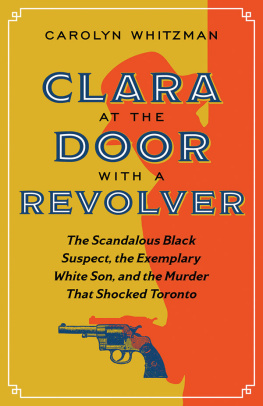


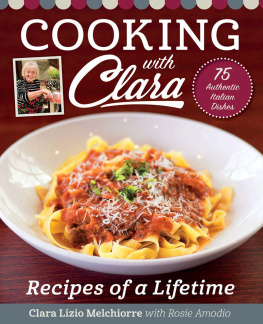

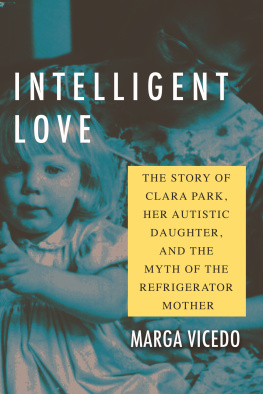
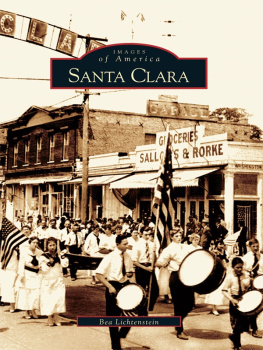
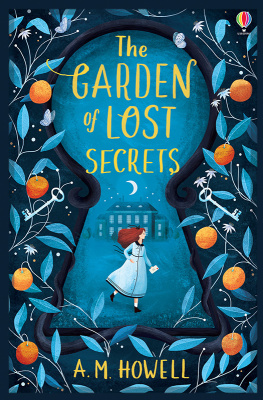

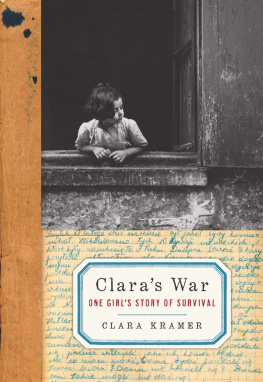


 Clara Ford, Toronto World, December 1, 1894
Clara Ford, Toronto World, December 1, 1894